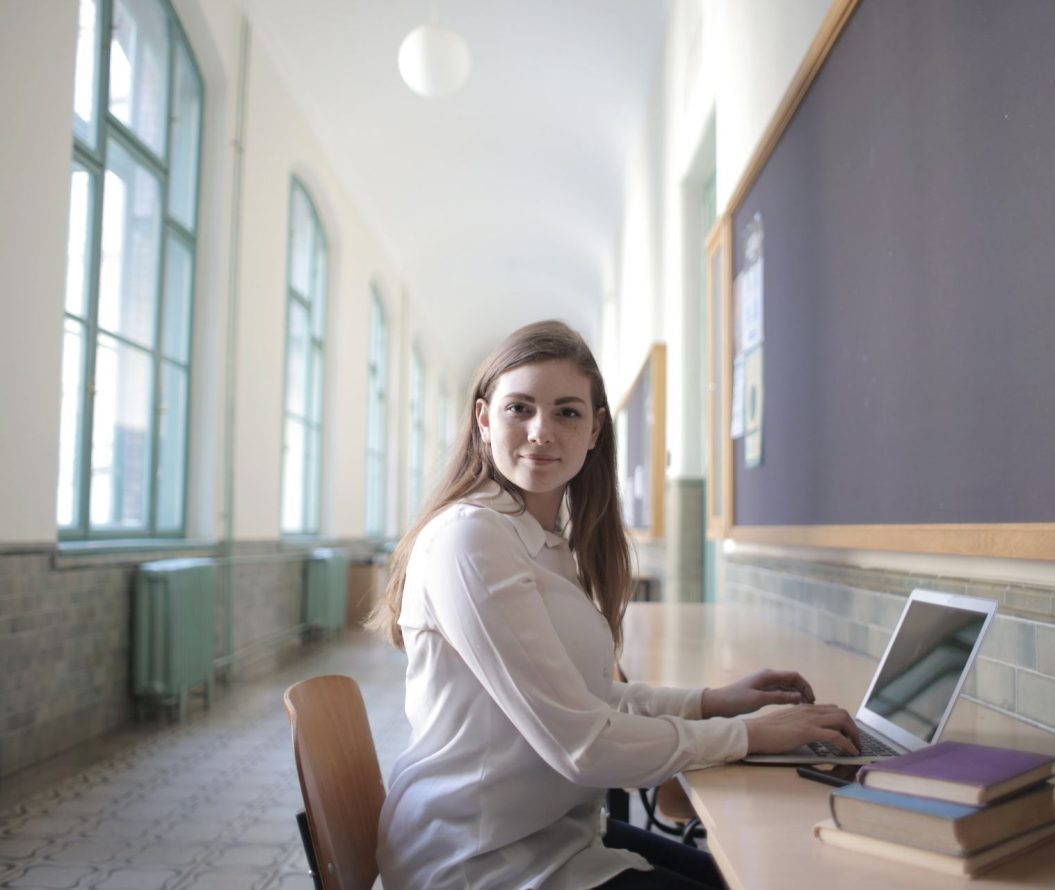Final year PhD student studying youth political engagement - interested particularly in British politics and democracy. Keen gamer, hiker and writer.

Postgraduate study is tough – higher workloads, higher expectations, often loneliness and a lack of structure can have a big impact, and financial stresses to boot.
During my PhD I’ve struggled a lot with my own mental health. I moved to a new city and lived on my own for the first year, feeling isolated and lonely many times without lectures and seminars as a chance to make new friends, and a general lack of structure to my life. In my second year I struggled to make progress on my PhD and had the added stress of starting to teach without much training or support.
Most of these problems are very common for PhD students, but there are ways we can tackle them, both as individuals and collectively. What follows isn’t an exhaustive list of how to survive a PhD, rather some tips from my own personal experience, now I’m near the end of the journey.

1. Set out a realistic timetable, review as you go along
The biggest change I found in starting a PhD was the sudden loss of structure – no seminars, no lectures, no assignment deadlines.
A key skill to learn early on is how to break up your thesis project into intermediate goals and set out when they should be completed by on a realistic timeline. Your supervisors can help you with this, as can various workshops and resources provided by the Doctoral School.
Unforeseen circumstances will always disrupt these, but sticking as close as you can to timelines is really useful – In all honesty I’ve failed to do this for much of my PhD but have slowly learned the value of doing so. Having a list of tasks and deadlines can be helpful for your mental health in terms of organising what can otherwise feel like a daunting task.

2. Make use of the resources you’ve got
Struggling to navigate the vast literature on your subject? Academic librarians can help with that.
Not sure how to think about something you’ve just read? Your supervisors can help with that.
I will continue to give examples of where and how you can get support, but the lesson is the same – we have resources and people that can help us, so don’t be afraid to use them. If you need something but are not sure where to go for it, your supervisor or the Doctoral School is your best bet as a starting point.
We don’t always know what we have either. Some of us have access to funding to attend conferences, so why not see if if you do. Then speak to your supervisors about which sort of conferences might be useful for you to attend.
Want to get some experience demonstrating or teaching? Speak to your head of school early on to make this known. Want to publish some work, or get experience reviewing? Speak to the university’s peer-reviewed journal IMPact.

3. Meet other PhD students and get involved in extra-curricular stuff
Time allowing, go out of your way to meet other PhD students.
With no set lectures and seminars this won’t happen on its own, so explore extra-curricular stuff. The Doctoral School runs a great series of workshops, and, along with the Students’ Union, a more informal set of social events for PG students. The Lincoln PG Facebook group is a useful group to find out what’s happening too.
Beyond this, if you can, get involved in sports and societies too. I’ve been fairly involved in the SU for most of my time at Lincoln, and have found the friendships and support networks that I developed as a result invaluable.
Spending more time with others, having people to turn to and talk to is a great help – being stuck in a room or the library with a mountain of books all day every day not so much.
I’d also like to mention here that being able to switch off is important too. Many PhD students are plagued by ‘imposter syndrome’, feeling they don’t deserve to be there, or are simply overworked in their roles, and therefore constantly feel the need to be working.
It is ok to switch off, to take time away from your work to recharge and enjoy life.

4. Support is available
If you’re really struggling, whether with specific aspects such as finance or housing, or just need someone to talk to, there is help available. It can be difficult to admit this – to say we need more help, particularly with a PhD as we’re beginning to feel like professional academics, but it’s vital we develop a culture where we can accept and be open about needing support.
You can get advice on welfare, housing, finance or academic issues from the Students’ Union Advice Centre or University of Lincoln of Lincoln Student Wellbeing Centre.

5. Campaign for better
Mental health and difficult work conditions are often seen as part and parcel of early academic life, but they don’t have to be. PhD students are a vital part of university life, and the process itself should be a liberating and empowering experience.
If you can, get involved in the local Students’ Union. Become a PG rep and represent other students in your school facing these issues. Or lobby our full-time officers for more resources for lonely PhD students, or better working conditions. If you teach or demonstrate, join UCU (it’s free for PhD students).
A lot of the above can help us as individuals dealing with difficult circumstances, but campaigning together can help make it so that the problems don’t arise in the first place. On a personal level, I’ve found doing this has also been a great source of friendships and personal fulfilment.
Embarking on a PhD is one of the toughest (but also rewarding) things intellectually you can do. But by reaching out to others, making use of the resources available to you and, ultimately, by working together as a community, we can make it
- Topics
- Mental health
- PhD
- Postgraduate



